Lifestyle
15 Important Lessons Boomer Kids Learned
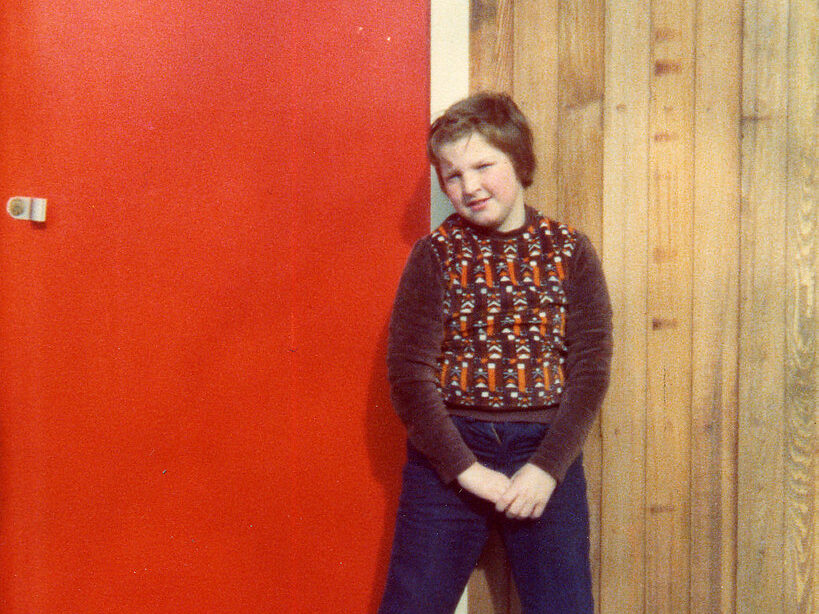
Boomer kids grew up in a world without constant supervision, digital distractions, or endless options. The lessons they learned weren’t always spoken aloud—they were absorbed from how life was lived. These lessons came from the way their parents worked, how homes were run, and how problems were handled. They shaped a generation that knew how to endure quietly, adapt quickly, and do a lot with very little. Here are 15 of those important lessons.
They learned not to waste.

Boomer kids grew up hearing phrases like “Don’t throw that out, it’s still good.” They reused tinfoil, saved glass jars, and fixed broken things before thinking about replacing them. Nothing was tossed without reason. This frugality wasn’t taught with lectures—it was lived daily. Watching their parents stretch every penny taught them to value what they had and find ways to make things last, even when it wasn’t flashy or new.
They kept their problems to themselves.

Talking about feelings wasn’t encouraged. If something was bothering you, the usual advice was to “tough it out” or “keep it to yourself.” Crying in public? That drew sideways glances. Boomer kids learned early to process emotions privately. It wasn’t about shame—it was survival. They developed quiet resilience, learning to carry burdens without making noise about them. Silence became their way of coping, for better or worse.
They respected authority—even when it felt unfair.
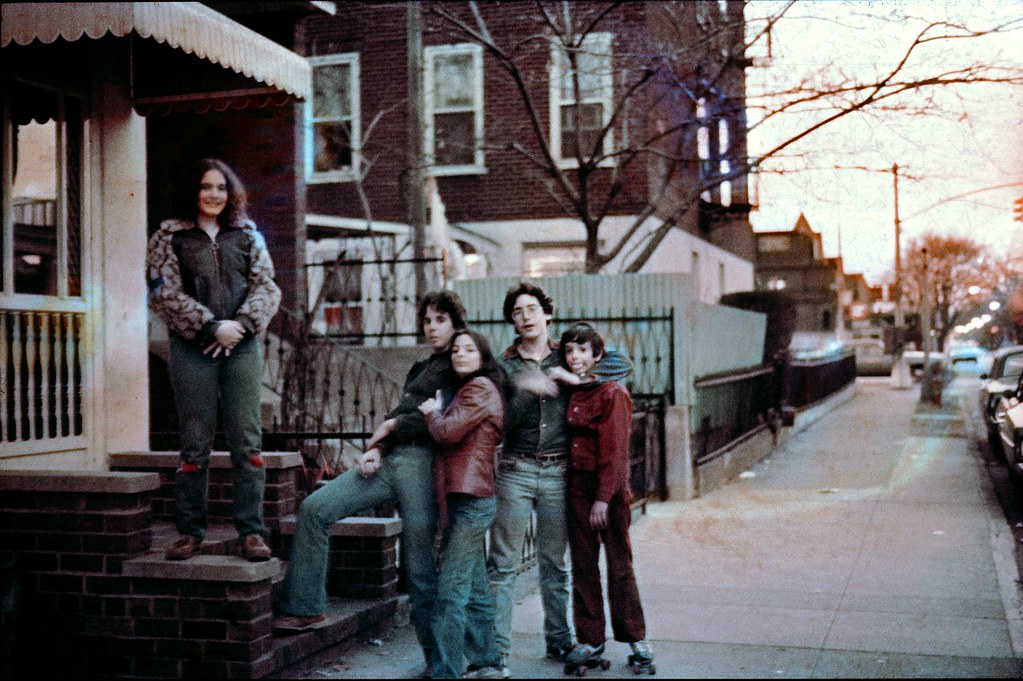
Whether it was a teacher, coach, or parent, you didn’t talk back. Boomer kids learned that authority figures weren’t to be questioned, at least not out loud. Even when they disagreed, they kept it to themselves. The lesson wasn’t always spoken—it was baked into the culture. That deference stuck with them, shaping how they approached bosses, institutions, and even relationships later in life.
They didn’t expect praise for everything.

Compliments were rare, not because parents didn’t care, but because doing what was expected wasn’t seen as praiseworthy. You cleaned your room, helped with chores, or got decent grades because that was your job—not because someone was going to clap for you. Boomer kids learned that validation wasn’t something to seek constantly. Satisfaction came from finishing a task, not from applause or gold stars.
They figured things out without asking.

If something broke, you tried to fix it. If you didn’t understand something, you figured it out on your own or looked it up at the library. There was no internet, no helplines, and often no one nearby who could walk you through it. Boomer kids got used to experimenting, messing up, and trying again. That independence wasn’t optional—it was expected.
They didn’t interrupt adults.
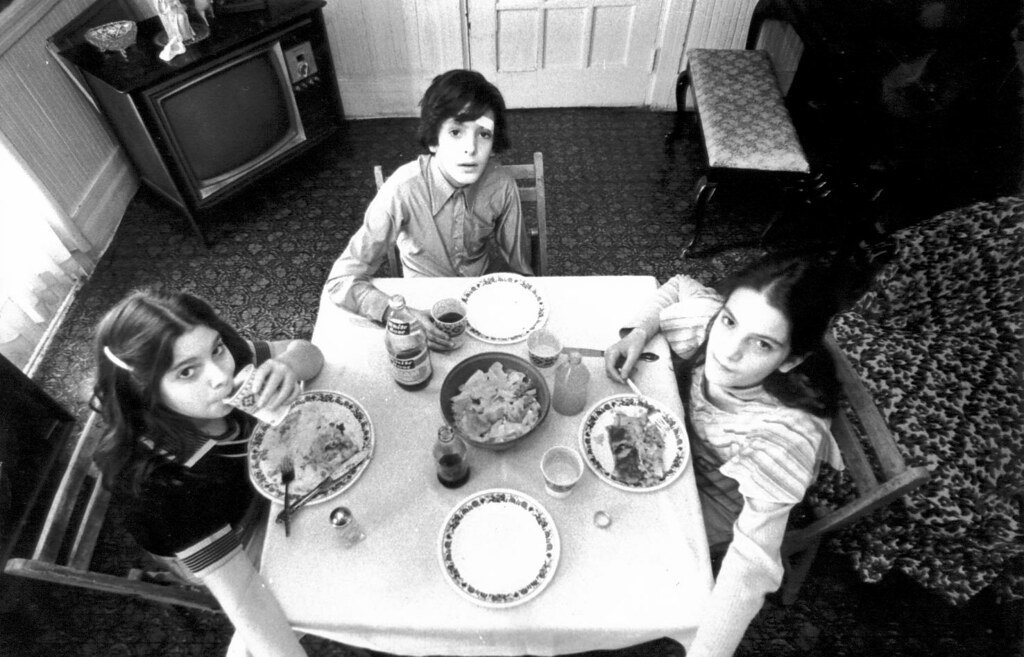
When adults were talking, kids stayed quiet. That wasn’t a rule—it was a given. Boomer kids learned early that speaking out of turn would get you a look, if not more. Conversations had a rhythm, and they were taught to wait their turn or stay silent unless invited in. It made them observant listeners. Even now, many carry that habit, often choosing to listen before weighing in.
They learned to be bored.
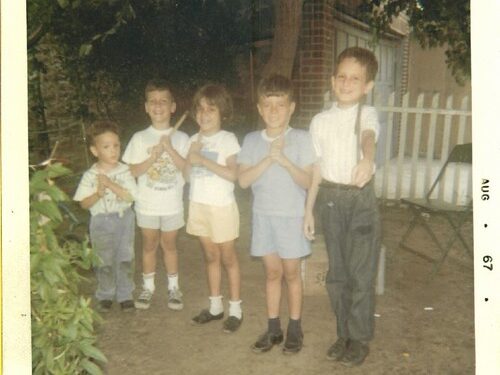
There wasn’t always something to do. You couldn’t scroll your way out of boredom. If you were stuck in the backseat on a long drive, you stared out the window or made up games in your head. Boomer kids learned to sit with boredom, let their minds wander, or create something from nothing. That quiet space became a playground for creativity—without them even realizing it.
They respected other people’s things.
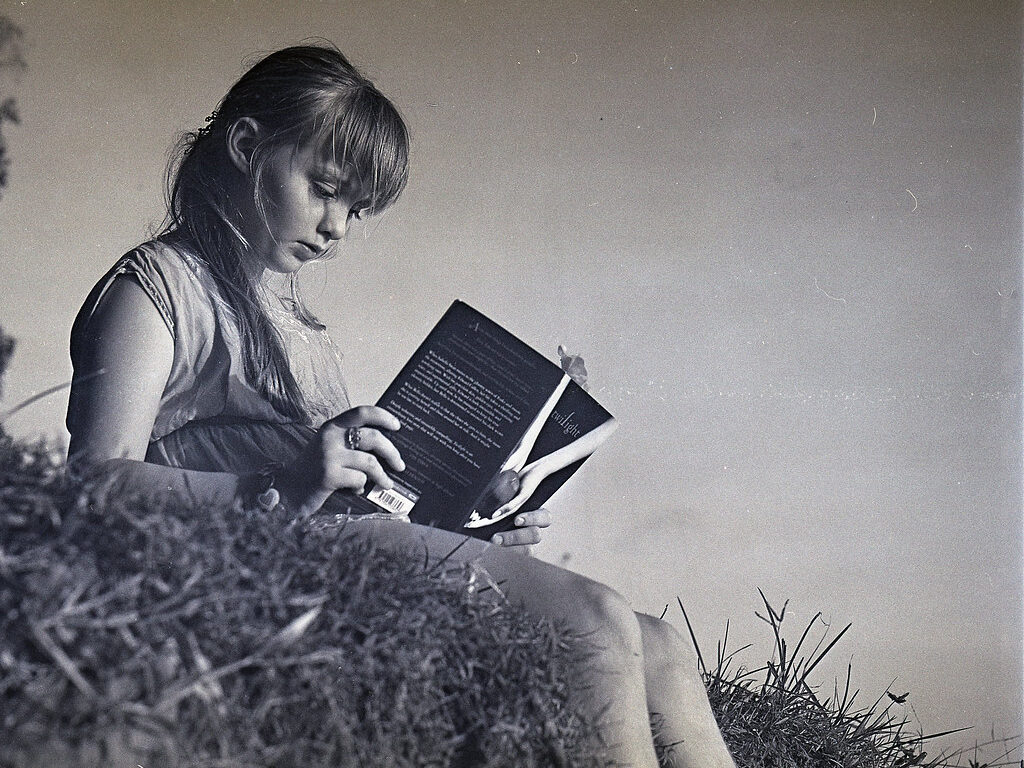
If it wasn’t yours, you didn’t touch it. Whether it was your dad’s tools, your sister’s diary, or the neighbor’s fence, boundaries were taken seriously. You didn’t borrow without asking, and if you broke something, you owned up to it. Boomer kids didn’t need lectures about respect—it was taught through everyday expectations. They learned that trust was earned by leaving things just as you found them.
They weren’t told everything.
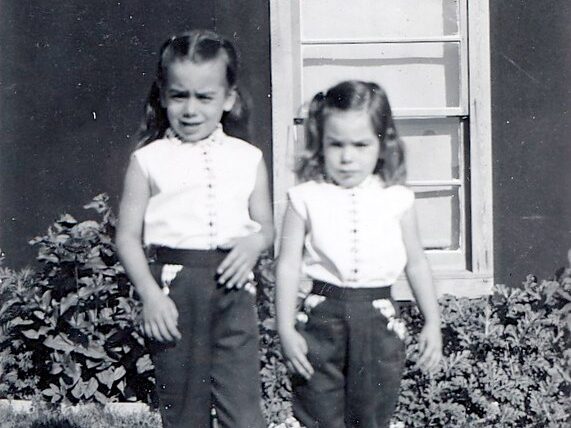
Parents didn’t sit down and explain every decision or rule. “Because I said so” was more than a phrase—it was a way of life. Boomer kids learned to accept not knowing everything. That didn’t mean they were content, but they understood that not all answers would be given. They became good at reading between the lines, watching faces, and piecing things together without ever asking too many questions.
They made their own fun.
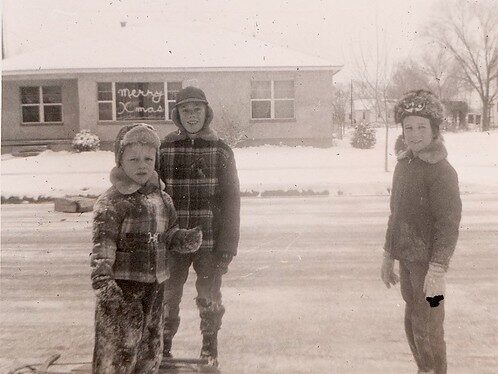
With fewer toys, fewer channels, and no internet, Boomer kids got creative. Sticks became swords, cardboard became castles, and bikes turned into spaceships. The fun wasn’t handed to them—they invented it. The lesson wasn’t about scarcity—it was about imagination. They learned that play didn’t have to be programmed. It could come from a sidewalk, a ball, or an empty lot with nothing but dirt and time.
They helped without being asked.

In many homes, you didn’t wait for a chore chart. If dishes were piling up or groceries needed carrying, you pitched in. Boomer kids weren’t necessarily praised for it either—it was just expected. Helping out was part of being in a family. That unspoken responsibility taught them to notice the needs around them and act without being nudged or reminded. Initiative was something they absorbed by watching, not by being told.
They watched their parents struggle.

Boomer kids saw their parents stretch budgets, work long hours, and juggle multiple responsibilities without complaining. These lessons weren’t taught—they were witnessed. Watching those quiet struggles instilled a work ethic that ran deep. They learned that life isn’t always easy, but you keep going. You do what needs to be done, not because it’s glamorous, but because that’s what adults do.
They learned that privacy matters.

Boomer households didn’t have open-door policies. Bedrooms were private. Phone calls were private. Even personal thoughts were kept personal. Boomer kids learned early not to pry and not to overshare. That sense of privacy carried over into how they managed emotions, friendships, and even social media later in life. They didn’t announce everything—they quietly kept things to themselves unless they truly needed to share.
They knew how to stretch what they had.

Hand-me-downs, patched clothes, reused notebooks—it was all normal. Boomer kids didn’t always have the newest or best, and that was okay. They learned how to make things last, how to repair what was worn, and how to find joy in what they already had. That lesson in resourcefulness helped them later in life—knowing how to live within their means without feeling like they were missing out.
They grew up knowing not everything was fair.
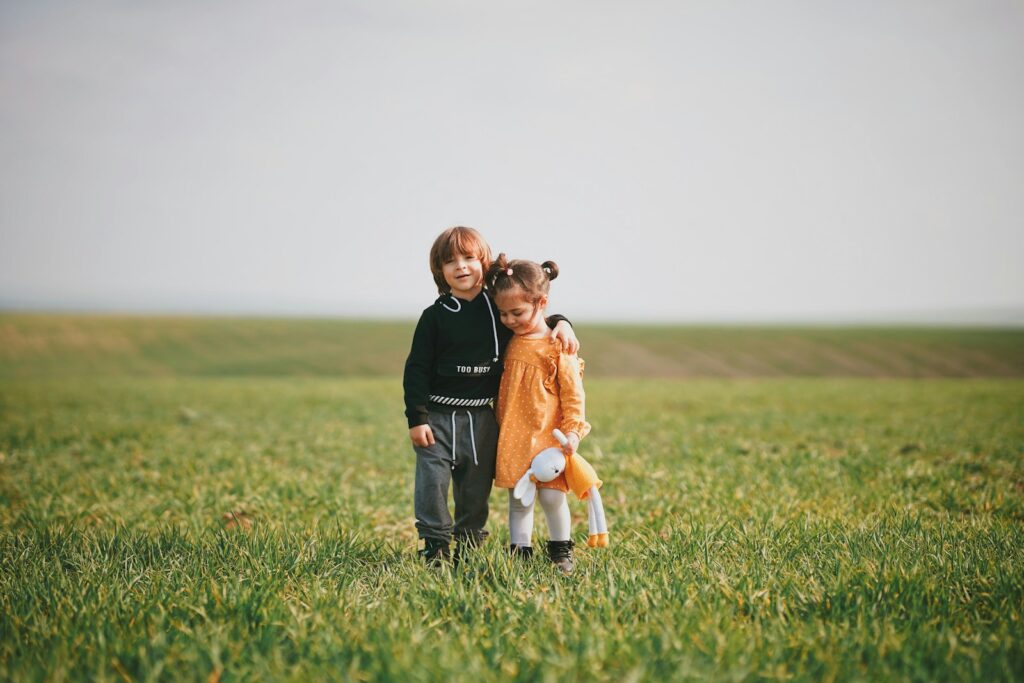
Not everyone got a trophy. Not every situation ended in fairness. Boomer kids learned early that sometimes things just don’t go your way. Life didn’t pause to explain or adjust. Instead of expecting fairness, they learned to accept outcomes, regroup, and move forward. That quiet toughness helped them adapt—especially when adulthood brought disappointments that no one could fix with a hug or a do-over.

